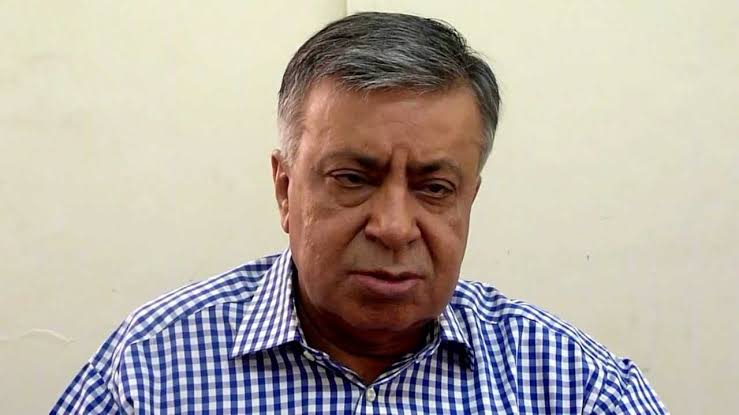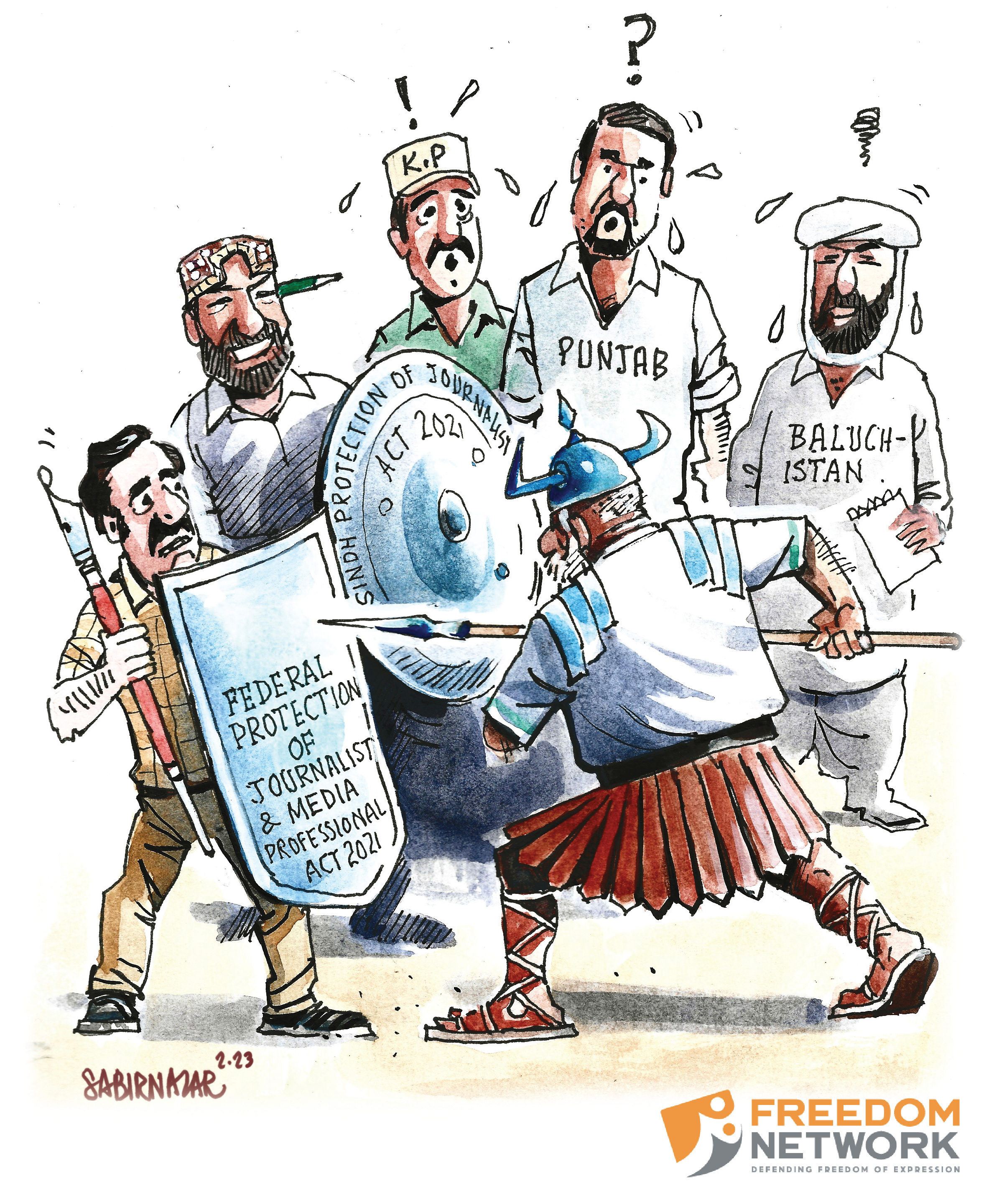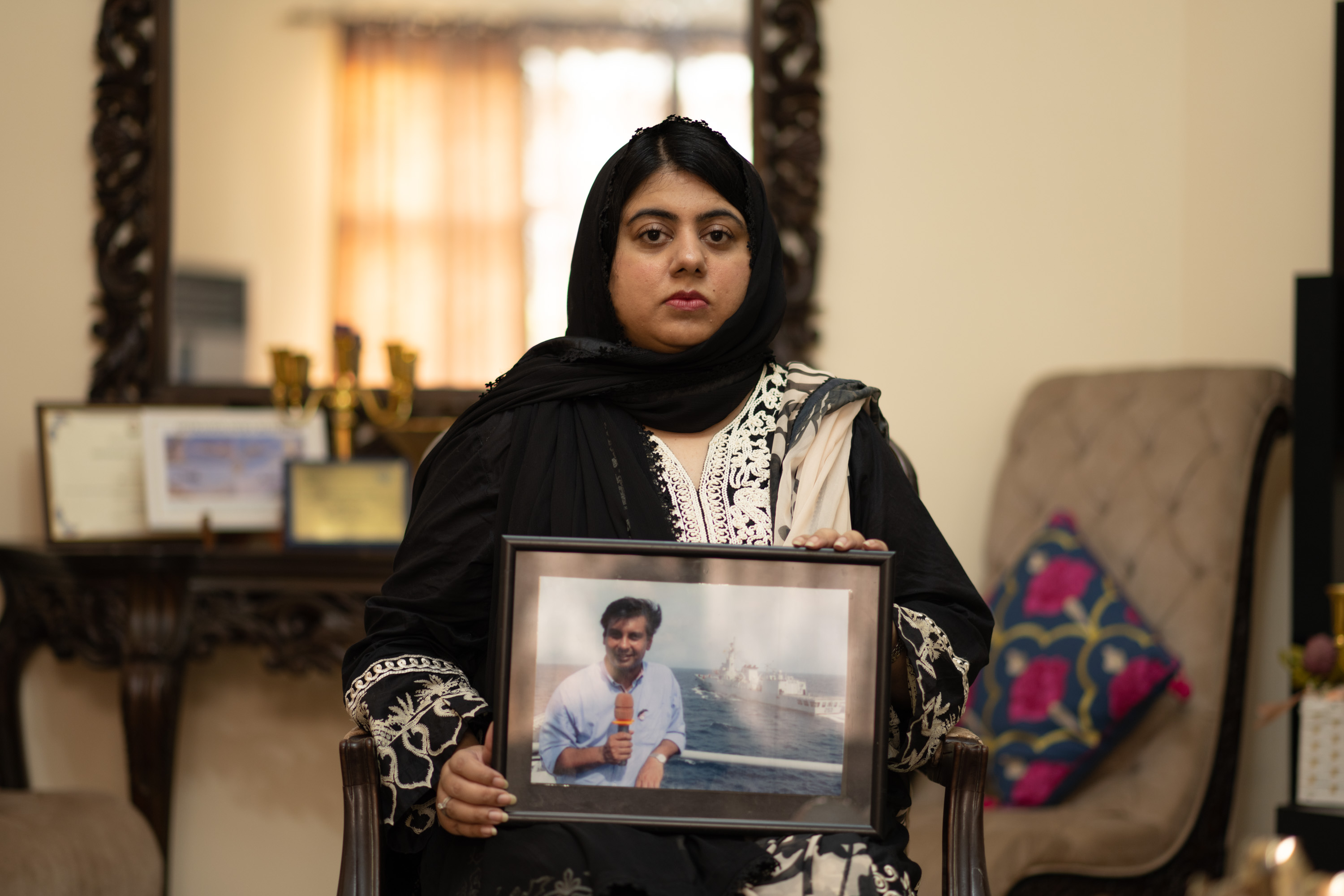Arif Nizami is a senior Pakistani journalist and editor. Here he talks exclusively to FN on the latest developments in the media landscape, especially PTI government’s media strategy
Shahzada Irfan Ahmed
Freedom Network: What challenges free press is facing under the new PTI government?
Arif Nizami: There are two kinds of challenges that media is facing under the PTI government. One is the economic challenge to the newspapers and the second is the freedom of expression issue. About the first, the PTI government says that both the print media and the electronic media are obsolete and they believe in the new media, that is social media, internet etc. So, this is coming from the government; which is saying that it does not need free print and electronic media. And they simply do not care.
FN: What is Council of Pakistani Newspapers Editors (CPNE) is doing to overcome these challenges?
AN: We have talked with the powers that be, which means the government, and tried to persuade and convince them that media is a very important component of the society. It has a role to play. However, the information minister says it is not their job to subsidise the media. They say we do not believe in display advertising which was common during the tenures of Shahbaz Sharif, Pervaiz Elahi and others. Secondly, they say even in case of other forms of advertising they are not obliged to support the media. So the result is that the media feels financially strapped.
Perhaps the reason is that the previous government supported large media groups and showered them with advertisements in return for support. The result was that the PTI people thought media groups were against them and therefore did not extend any support to them. CPNE’s stance in this context is that the government’s advertising policies must be equitable and there shall be no favorites.
FN: A CPNE delegation has recently met DG ISPR and Prime Minister Imran Khan. What did you discuss and what response you got?
AN: Yes, we met them and discussed the issues. We were told they would look into this matter and things will hopefully improve. But so far the developments are not that satisfactory.
No doubt the government’s advertising business is important but we cannot ignore the business generated by private sector advertisements. The situation at the moment is that the private sector is also wary because of the lack of business activity. PTI’s policies and certain NAB actions have further discouraged businessmen and investors. This has also been used as excuse by media houses to downsize and not to pay salaries. As a result, journalists are facing hardship. This is the business side.
Coming to the role of CPNE, I would say it closely follows policies and actions that jeopardise independence of media and journalists. We reject the policy of having a media regulatory authority. They want to regulate both print and electronic media with the same law. Print media has struggled in this country for freedoms. There was an exploitative Press and Publication Ordinance; we got it repealed in 2007. CPNE believes the ordinary laws of the land shall regulate them and they need no special laws. We were told we will be provided the draft law so that we can review and discuss it, but we are still waiting for it.
FN: Has CPNE managed to get the unannounced ban lifted on distribution of Dawn and The News in certain areas of the country?AN: By the way, it is a very interesting issue. Yes, we have raised this matter despite the fact that CPNE is an editors’ body. The issue should have been raised by APNS which is an owners’ body but they didn’t take it up the way it should have been. We are on record saying the ban should be lifted because it is discriminatory, unconstitutional and undeclared.
We raised it when we went to the office of DG ISPR. We were told that this ban will be lifted soon. Though this ban might not have been lifted altogether, it may not be as strict as before. The newspapers are reaching the cantonment areas and DHAs but sometimes the supply is erratic. Anyhow, I think this is not the job of the military to do what it is doing. This ban should not have been imposed in the first place.
FN: Impunity for crimes against journalists is a serious problem Pakistan is facing. What CPNE is doing or can do to address the issue?
AN: Yes, it is a big issue. Pakistan was and is the most dangerous place for journalists. Disappearances and killings of journalists are quite common here. Lately, there was an incident where the Karachi Press Club (KPC) was raided by law enforcing authorities. This is for the first time that a press club has been raided. CPNE condemns all incidences of excesses against journalists. We are against raids on press clubs as well. Our point is that even if there is some allegation against a journalist, it shall be backed by evidence and probed according to the law of the land.
FN: Can CPNE and FN work together to protect journalists in Pakistan?
AN: We have a secretariat in Karachi and our member Jabbar Khattak takes care of it. He is very active on issues like access to information and freedom of expression. We are happy to cooperate and coordinate with organizations like FN which work for the betterment and security of journalists and freedom of the press.
We Are Against Integrated Media Regulatory Authority: Arif Nizami
- December 12, 2018
- 4:21 pm
- No Comments
More from the News section
September 18, 2023
No Comments
July 26, 2023
No Comments
June 20, 2023
2 Comments
March 21, 2023
No Comments
August 30, 2022
No Comments

Resize text-+=

